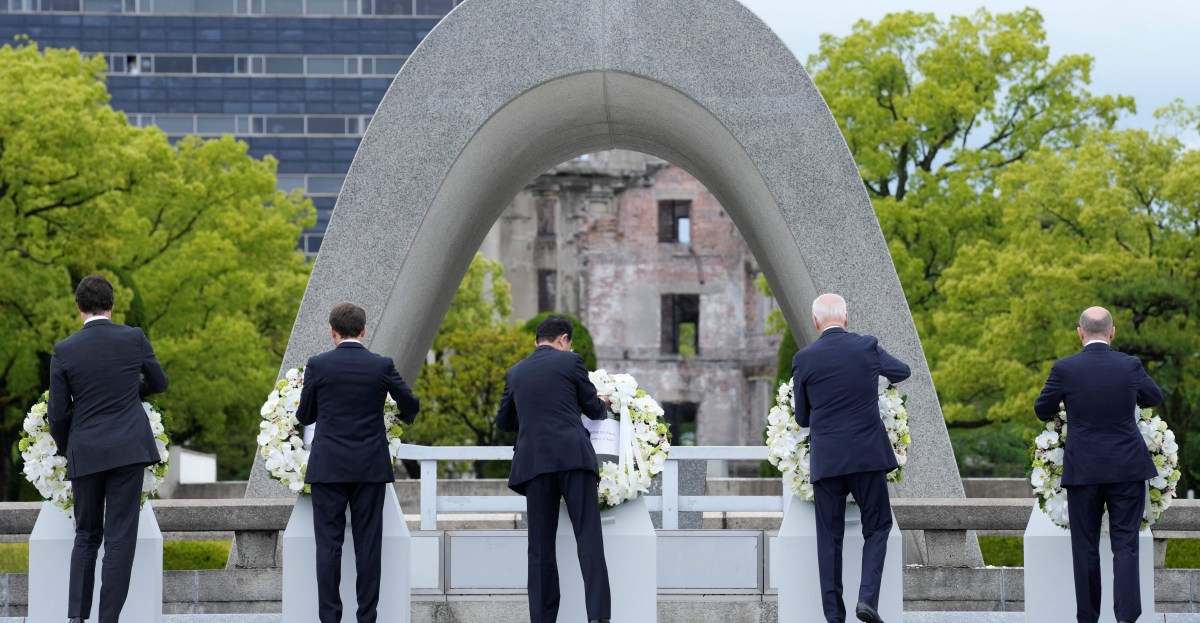T4K3.news
Commemoration of Hiroshima and Nagasaki bombings marks 80 years
Ceremonies remember the devastation caused by atomic bombs in 1945 and call for global nuclear disarmament.
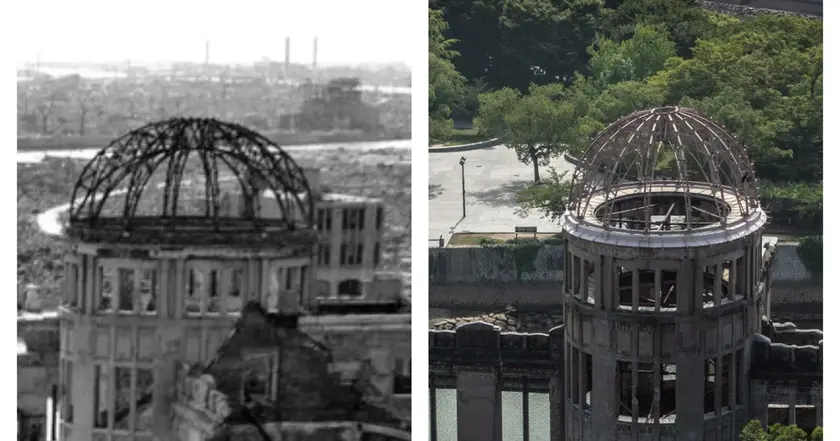
The atomic bombings of Hiroshima and Nagasaki continue to resonate in global discussions about nuclear weapons.
Reflections on Hiroshima and Nagasaki after 80 years
On August 6, 1945, the United States dropped an atomic bomb on Hiroshima, followed by another on Nagasaki three days later. The bombings resulted in the deaths of around 210,000 people, most of them civilians. Hiroshima has since grown into a vibrant city of 1.2 million, symbolizing resilience, while Nagasaki, with nearly 400,000 residents, has also rebuilt. However, the memory of nuclear warfare lingers, especially as tensions rise worldwide over nuclear capabilities. Hiroshima's mayor, Kazumi Matsui, emphasized the ongoing threat of nuclear weapons at an anniversary ceremony, calling for reflection on the lessons of the past.
Key Takeaways
"Conflicts threaten to topple the peacebuilding frameworks so many have worked so hard to build"
This remark by Hiroshima's mayor highlights ongoing geopolitical instability.
"Nuclear weapons are essential for national defense which disregards the lessons of past tragedies"
Mayor Matsui critiques the modern perception of nuclear armament as necessary for security.
Eighty years later, Hiroshima and Nagasaki serve not only as reminders of the devastating effects of nuclear warfare but also as warnings about the current geopolitical landscape. The existence of nine nuclear-armed nations and rising tensions in places like the Middle East and Ukraine highlight a persistent risk of conflict. Today's policymakers need to acknowledge the dire consequences of nuclear arms rather than viewing them as essential for national security. This attitude is reminiscent of the grave mistakes made in the past, risking the fragile peace built through decades of diplomacy.
Highlights
- Eighty years later and the lessons of Hiroshima and Nagasaki remain urgent.
- Hiroshima and Nagasaki teach us that history must not repeat itself.
- Policymakers must reconsider the role of nuclear weapons in national defense.
- Conflicts today threaten the peace frameworks built over decades.
Ongoing risks of nuclear conflict remain significant
The presence of nine nuclear-armed nations amid rising geopolitical tensions poses a continuous threat of conflict and potential nuclear warfare.
The legacy of Hiroshima and Nagasaki remains relevant as nations grapple with the specter of nuclear conflict.
Enjoyed this? Let your friends know!
Related News
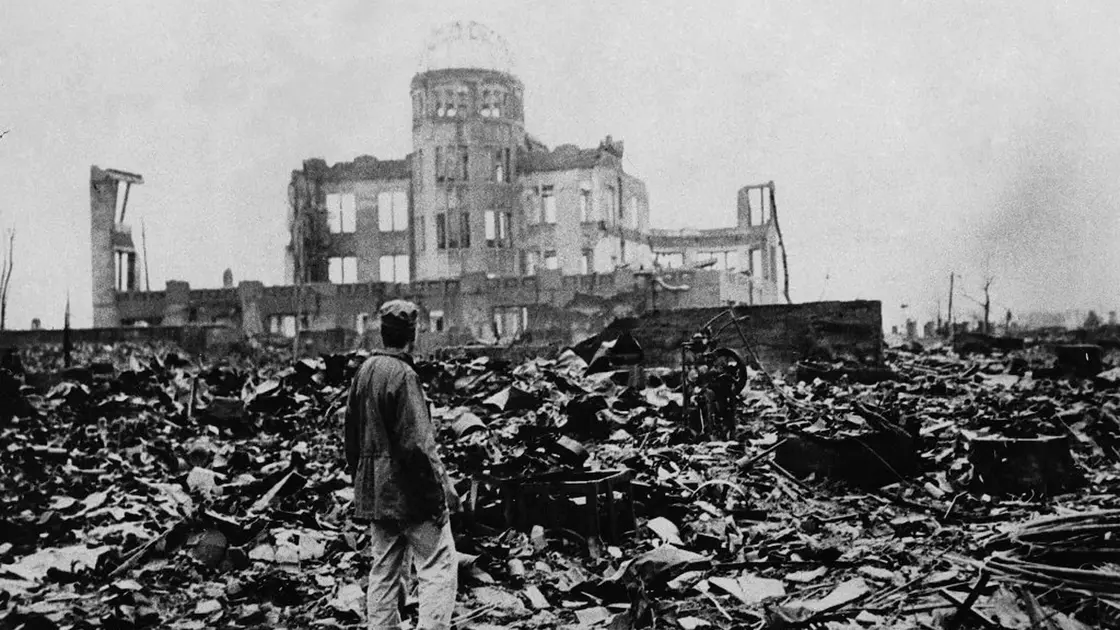
Japan marks 80th anniversary of Hiroshima bombing
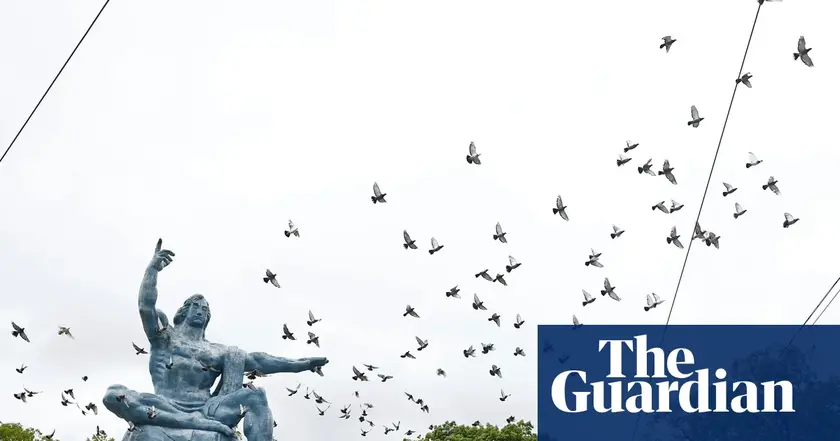
Nagasaki bell ceremony marks 80th anniversary
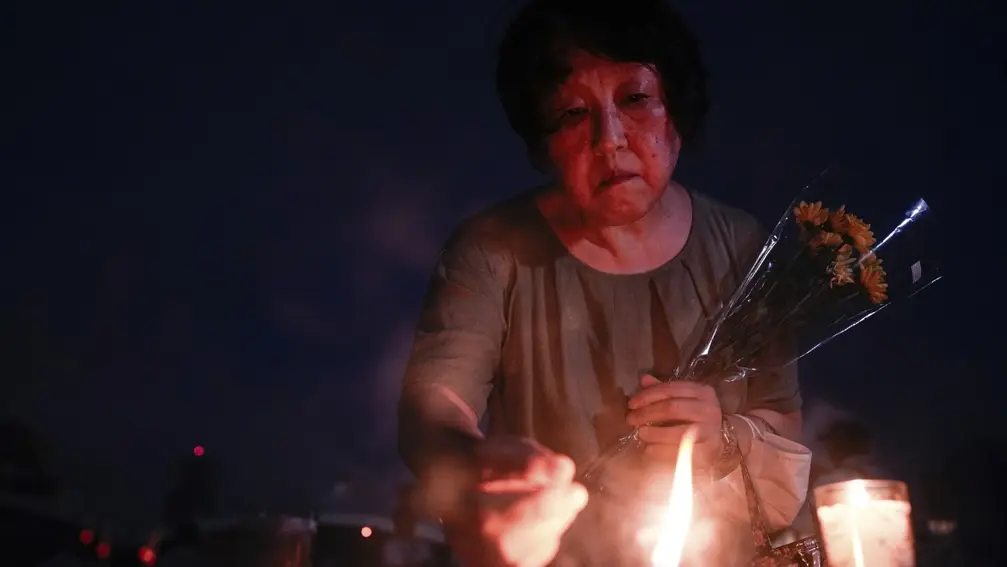
Hiroshima marks 80th anniversary of atomic bombing
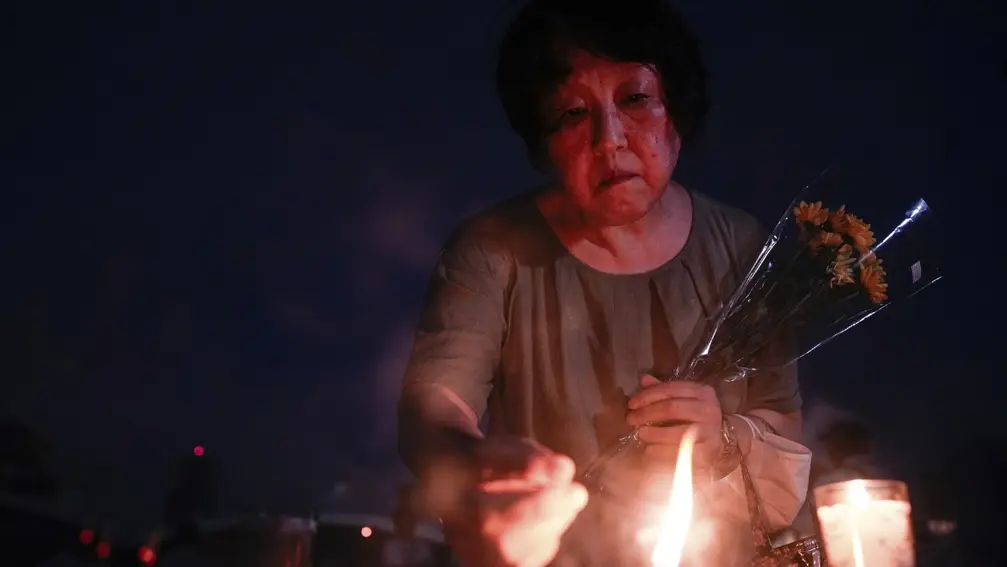
Hiroshima commemorates 80th anniversary of atomic bombing
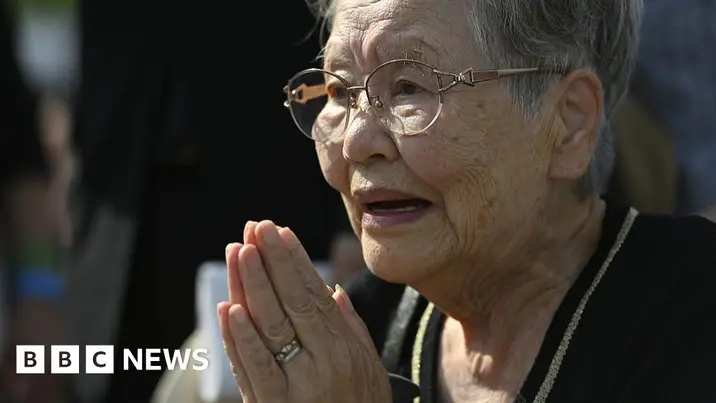
Hiroshima commemorates 80 years since atomic bombing
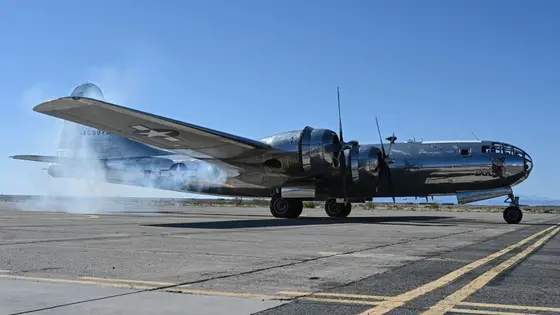
Friendship flight commemorates atomic bombings
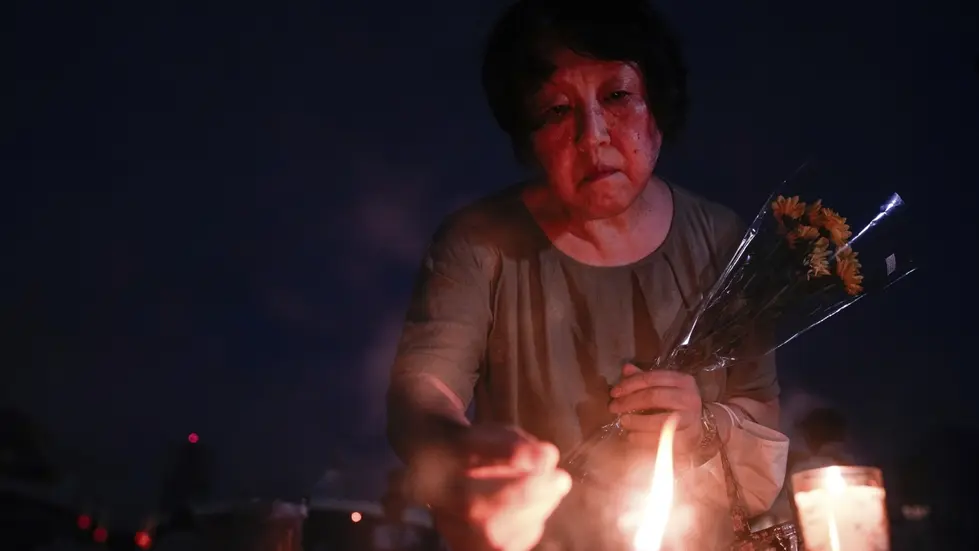
Hiroshima marks 80 years since atomic bombing
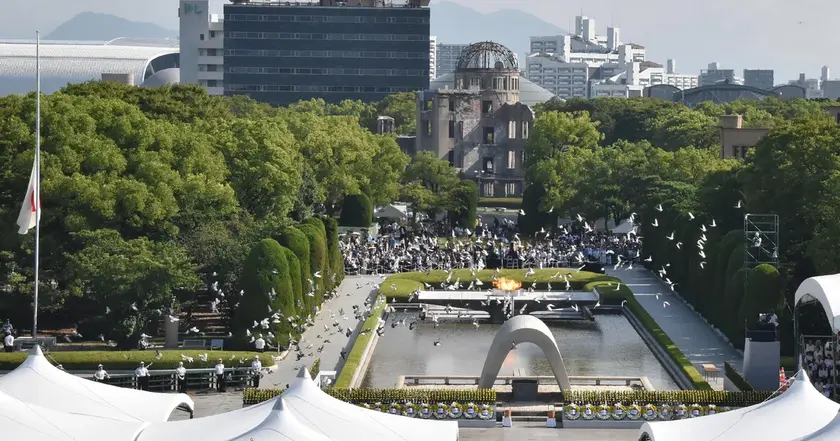
80th anniversary marks solemn reflection in Hiroshima
